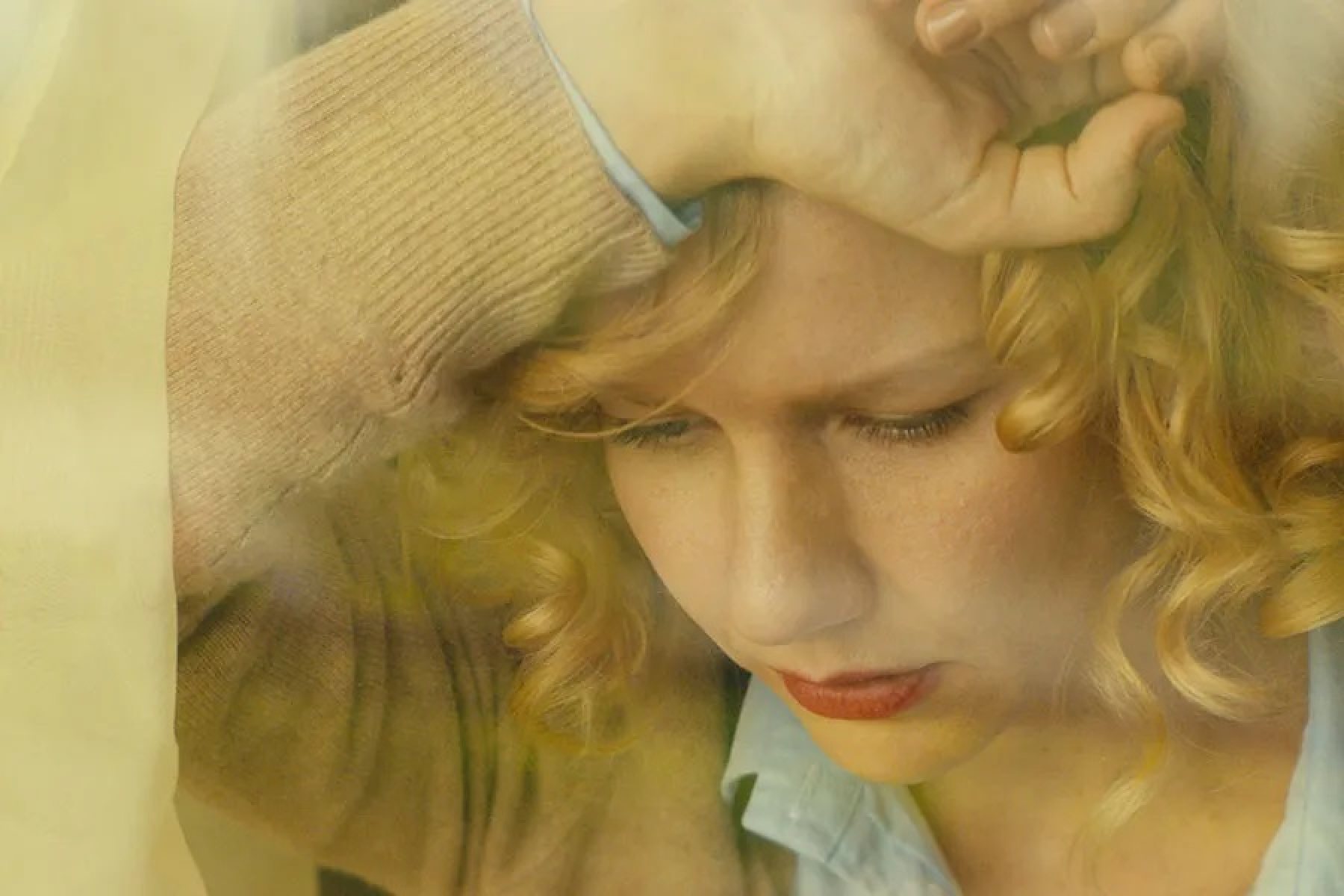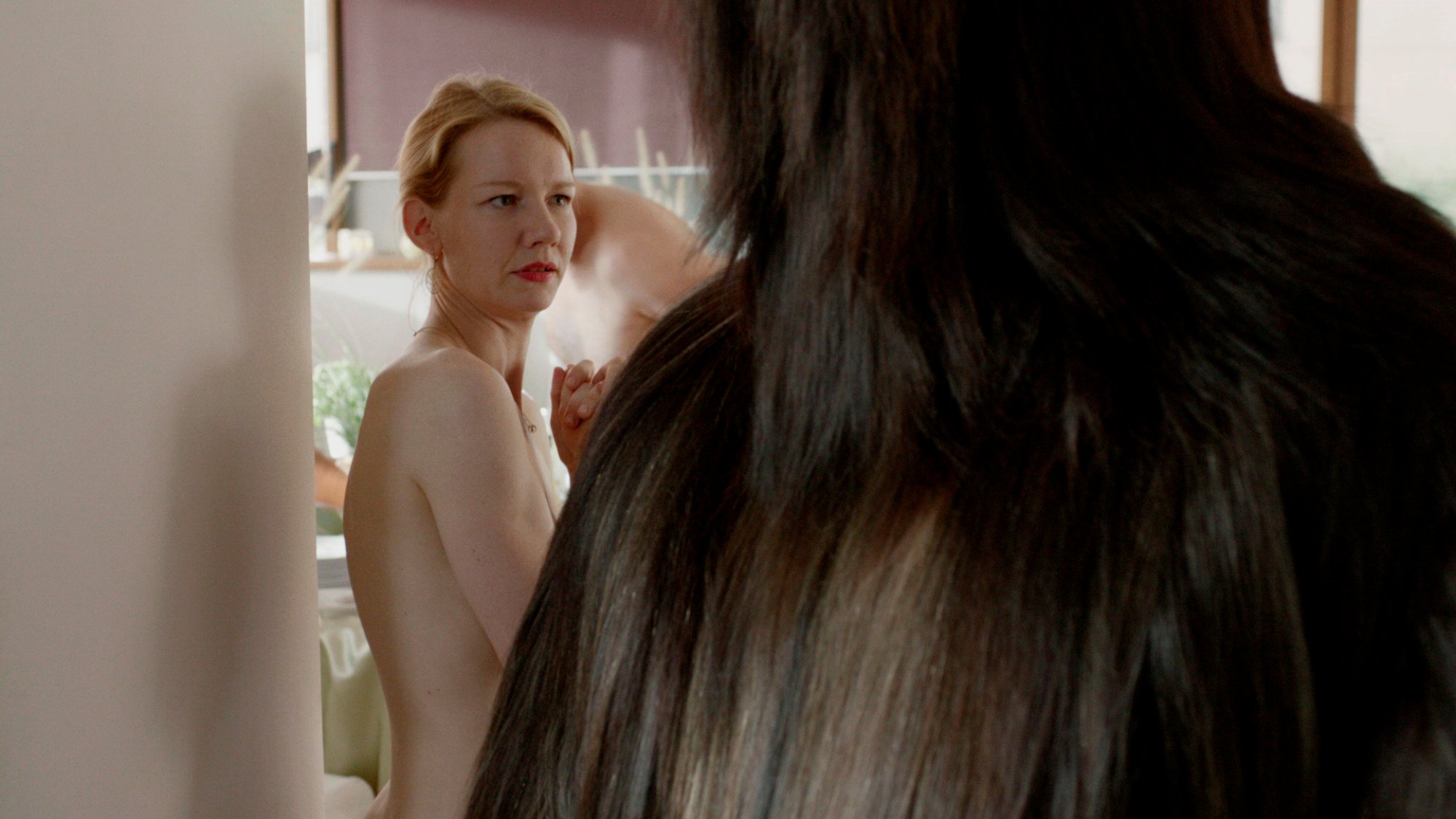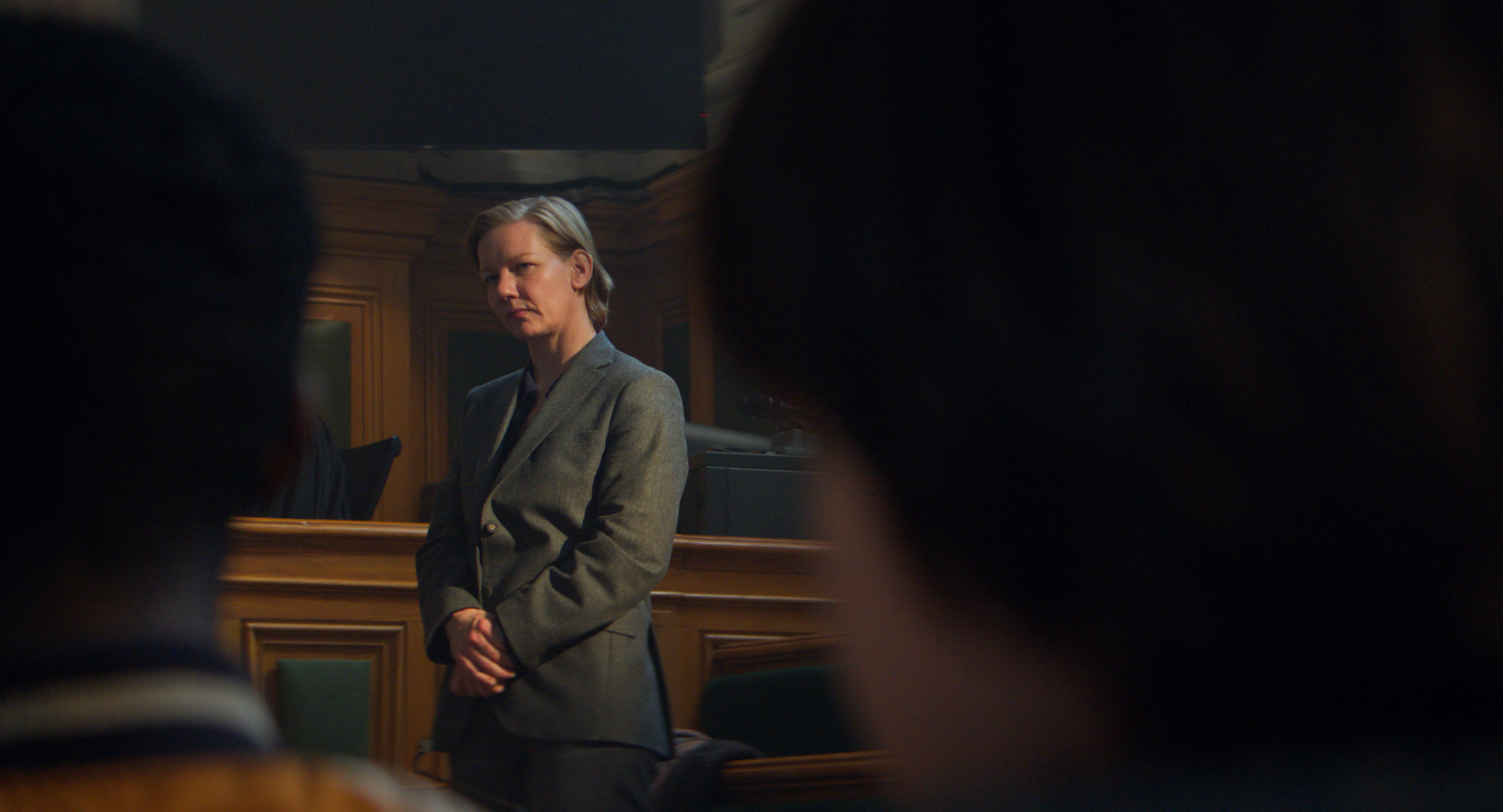
The 5 best films of Sandra Hüller, German actress in Golden Globe winner Anatomy of a Fall and lauded Holocaust drama The Zone of Interest
- German actress Sandra Hüller is riding high, with 2023 movies Anatomy of a Fall and The Zone of Interest lauded at Cannes Film Festival and the Golden Globes
- From her 2006 breakout role as a possessed woman to the 2016 comedy Toni Erdmann, the five best films to date of a performer poised to become a household name
It has been a stellar 12 months for German actress Sandra Hüller, whose accomplishments in European cinema are finally garnering recognition on the world stage.
Thanks to her stand-out roles in two of the year’s most celebrated art-house titles – Justine Triet’s Anatomy of a Fall, winner of the 2024 Golden Globes for best non-English-language film and best screenplay, and Jonathan Glazer’s The Zone of Interest – the 45-year-old from Suhl in eastern Germany is on the brink of becoming a household name.
For those looking to familiarise themselves with the actress’ body of work, these five performances are the ideal starting point.
1. Requiem (2006)

Hüller first came to prominence in Hans-Christian Schmid’s intense drama Requiem, in which she plays a young woman wrestling with a crippling illness. Is it epilepsy or has she succumbed to demonic possession?
Those around her, including her devoutly religious parents and the local clergy are adamant that it is the former, but Michaela (Hüller) becomes increasingly convinced that she has fallen prey to an altogether more sinister affliction.
The film is based on the true story of Anneliese Michel, which also served as the inspiration for the 2005 Hollywood horror film The Exorcism of Emily Rose. Schmid eschews special effects or manipulative techniques, shooting in a stripped-bare handheld documentary style that actively repels any kind of supernatural element.
As a result, it falls solely to Hüller to exhibit the internal, life-threatening torment to which her character is subjected.
Requiem is an incredible introduction to a formidable acting talent, for which she was awarded the Silver Bear for best actress at the Berlin International Film Festival and the best actress prize at the German Film Awards.

2. Finsterworld (2013)
As Hüller’s career gained momentum, she featured – and continues to feature – in a number of memorable supporting roles. She picked up her second German Film Award, this time for best supporting actress, for her part in Frauke Finsterwalder’s darkly comic ensemble drama.
The noted documentarian’s first foray into fictional storytelling follows a number of loosely connected characters as they wrestle with their stations in life and what it means to be German in the 21st century.
This is certainly true for Hüller’s character, an idealistic documentary filmmaker and thinly veiled avatar for the writer-director herself, who discovers a troubling revelation about her husband and his secret sexual proclivities.
While far from a leading role, Hüller’s comically stubborn portrayal proves a notable highlight in an intriguing, if somewhat uneven exploration of the German psyche, further cementing her stature as a notable talent on the rise.
3. Toni Erdmann (2016)

The late Austrian actor Peter Simonischek is wonderful as the eccentric and desperate Winfried, who assumes the persona of Toni Erdmann – complete with ridiculous wig and false teeth – after his daughter, Ines, rejects him.
While Winfried provides the source for much of the film’s comic relief, Hüller’s portrayal of the increasingly frustrated and disillusioned Ines is every bit the perfect performance partner.
As the film moves from the absurd to the heartbreaking, what unfolds is a beautifully observed father-daughter story that addresses the roles each plays in the other’s life once the child reaches adulthood and demands independence, just as the parent finds themselves in increasing need of a family support network that no longer exists.
4. Anatomy of a Fall (2023)
Sandra Voyter (Hüller) is a German novelist living in the French resort of Grenoble. When her husband dies after falling from the top floor balcony of their isolated alpine home, Sandra is accused of murder.
As the case unfolds we learn that their relationship was strained, while the only witness who might be able to shed light on what happened is their young, sight-impaired son.
Over the course of the trial, Hüller brilliantly retains our sympathies, even as evidence surfaces that casts doubt over her innocence. This proves doubly impressive as the script dictates that she repeatedly pivots from speaking English to French to German and back again throughout the increasingly stressful proceedings.

Her efforts were rewarded when she was named actress of the year at the European Film Awards.
5. The Zone of Interest (2023)
Winner of the Grand Prix at last year’s Cannes Film Festival, The Zone of Interest completed a one-two punch for Hüller, who starred in both top-placed films (the other being Anatomy of a Fall) at the celebrated French showcase.
Jonathan Glazer’s loose adaptation of the 2014 novel by Martin Amis is a relentlessly chilling and detached portrait of the house occupied by Rudolf Höss, commandant of Auschwitz concentration camp, and his family.
Shot on a dozen static cameras positioned around the house, Glazer coldly observes a seemingly idyllic time, especially for Höss’ wife, Hedwig (Hüller), and their five young children, despite the endless sounds of suffering and violence that drift over the walls.
Hüller is as commanding a screen presence as ever, determined to nurture a happy home for her family, and adamant about not returning to Berlin when her husband is promoted.
In doing so her wilful complicity in the unspeakable horrors unfolding a mere stone’s throw away coldly mirrors the nation’s refusal to acknowledge its crimes.

